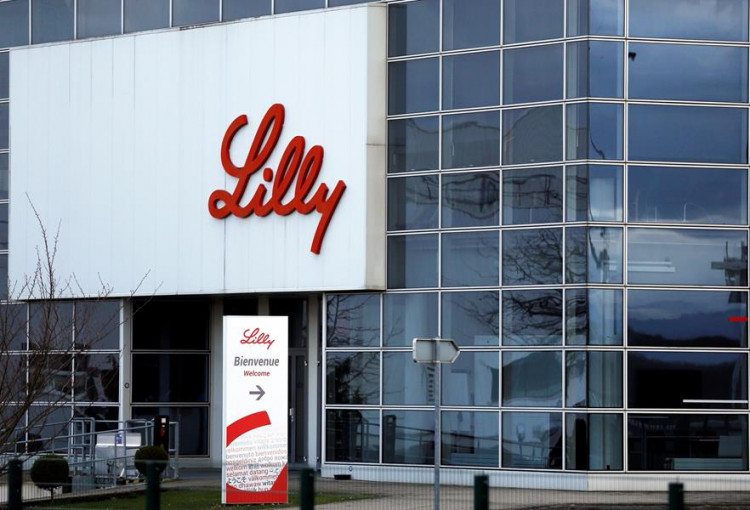Eli Lilly & Co. has significantly exceeded market expectations with its second-quarter earnings, driven by the soaring demand for its diabetes drug Mounjaro and weight loss injection Zepbound. The pharmaceutical giant reported revenues of $11.3 billion, marking a 36% increase from the same period last year, far surpassing the anticipated $9.92 billion. Consequently, Eli Lilly has raised its full-year revenue outlook by $3 billion, now expecting between $45.4 billion and $46.6 billion.
Shares of Eli Lilly surged over 10% in early trading Thursday following the robust earnings report. The company also revised its full-year adjusted earnings per share (EPS) guidance to a range of $16.10 to $16.60, up from the previous $13.50 to $14.00, reflecting confidence in the continued strong performance of its key products.
The blockbuster performance of Mounjaro and Zepbound has been pivotal for Eli Lilly's earnings surge. Mounjaro alone generated $3.09 billion in revenue for the quarter, more than triple its sales from the previous year and significantly beating analysts' expectations of $2.39 billion. Zepbound, in its second full quarter on the U.S. market since receiving regulatory approval in November, brought in $1.24 billion, well above the expected $922.2 million.
Demand for these incretin drugs, which mimic hormones produced in the gut to suppress appetite and regulate blood sugar, has outstripped supply, compelling Eli Lilly to heavily invest in manufacturing expansion. CEO David Ricks noted, "We just see unbelievable demand, and we're not even trying that hard to promote this drug." He mentioned that the company has built six new manufacturing plants and hired thousands of workers to boost production, with expectations that incretin drug production in the second half of 2024 will be 50% higher than the same period last year.
Eli Lilly's supply issues seem to be easing, as evidenced by the FDA's recent update stating that all doses of Zepbound and Mounjaro are now available in the U.S. after prolonged shortages. However, the company cautioned that expected increases in demand could result in occasional "supply tightness" for certain doses. Despite these challenges, the pharmaceutical company remains optimistic about meeting the rising demand.
For the second quarter, Eli Lilly reported an adjusted EPS of $3.92, compared to the $2.60 expected by analysts. The net income for the quarter was $2.97 billion, or $3.28 per share, up from $1.76 billion, or $1.95 per share, a year earlier. The strong performance was largely driven by higher demand for Mounjaro and Zepbound, as well as improved supply dynamics in the U.S.
The company's other products also showed robust performance. Sales of the breast cancer drug Verzenio increased by 44% to $1.33 billion, while the diabetes drug Jardiance saw a 15% rise in sales to $769.6 million. Conversely, sales of Trulicity fell by 31% to $1.25 billion, primarily due to competitive pressures and supply constraints.
Eli Lilly's raised guidance reflects not only the strong current performance of its flagship drugs but also improved clarity on production expansions and international launches of Mounjaro. The company achieved several supply-related milestones in the second quarter, enhancing confidence in its production capabilities for the rest of the year.
With a market capitalization exceeding $730 billion, Eli Lilly remains the largest pharmaceutical company based in the U.S. The continued high demand for its weight loss and diabetes drugs, alongside the potential for these drugs to treat other health conditions, has fueled investor interest and driven significant stock price increases.
Eli Lilly's success contrasts with some of its competitors. For instance, Novo Nordisk reported weaker-than-expected second-quarter sales of its weight loss drug Wegovy and diabetes injection Ozempic, partly due to pricing pressures. Eli Lilly's ability to maintain stable pricing for its incretin drugs has been a key differentiator.





